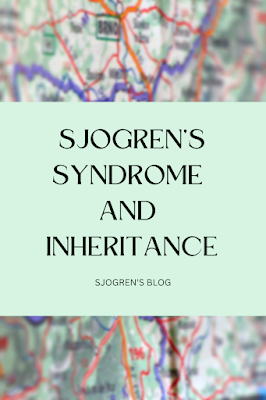AUTOIMMUNE DISEASES RUN IN FAMILIES.
Doctors know there is a genetic component to autoimmune diseases and that certain ones are more common in specific ethnic groups. For instance, lupus (painful and damaging body-wide inflammation) is more likely to affect African-American, Hispanic, Asian, and Native American women, while Caucasians are more likely to develop type 1 diabetes in which the pancreas produces little or no insulin.
Recently, doctors have learned that a single gene may cause different diseases in different people—you might have Crohn’s disease which affects the digestive system, while the same gene gives your mother alopecia in which the immune system targets hair follicles.
“Some genes carry a risk for multiple diseases, and some increased risk for just one,” says Timothy B. Niewold, M.D., director of the Judith and Stewart Colton Center for Autoimmunity at NYU Langone.
Environment also plays a role, via exposure to chemicals and pollutants in the things we eat and use. “For instance, we know smoking increases the chances of developing rheumatoid arthritis twofold,” says Dr. Niewold, “and people may have different levels of susceptibility.”
INFORMATION FROM ROB VDM AT BRAIN LABS
Dr Brandon Colby, the author of Outsmart Your Genes and a clinical geneticist says “You can think of your genes like a road map of possible routes. While your genes may mean your road map has paths that go toward heart disease or Alzheimer’s, those paths aren’t set in stone—they’re just possibilities laid out by your genes.” One of his suggestions to outsmart your genes is certain types of exercise and ditching processed food. He backs his suggestions up with science.

.png)

Comments
Post a Comment